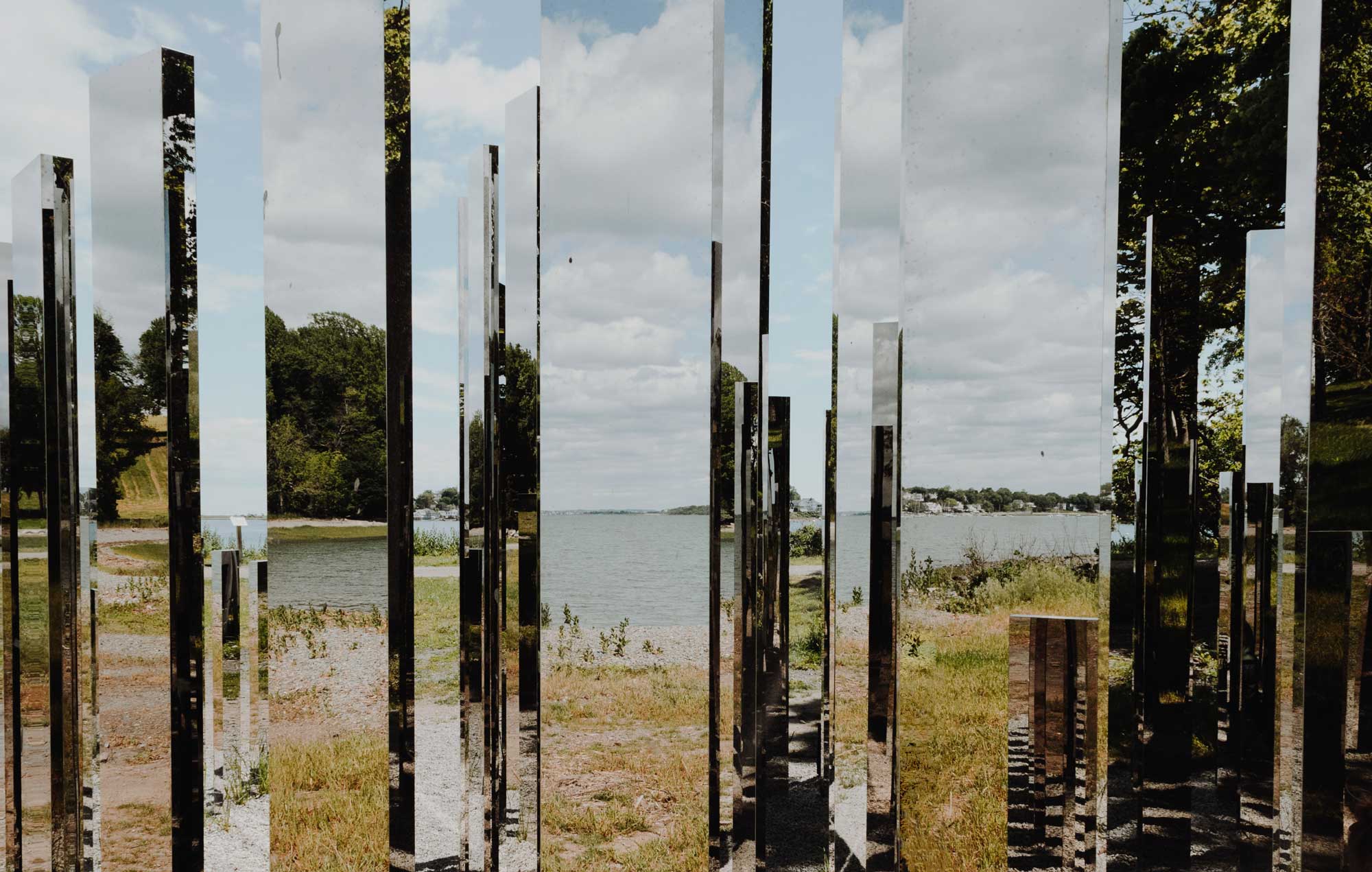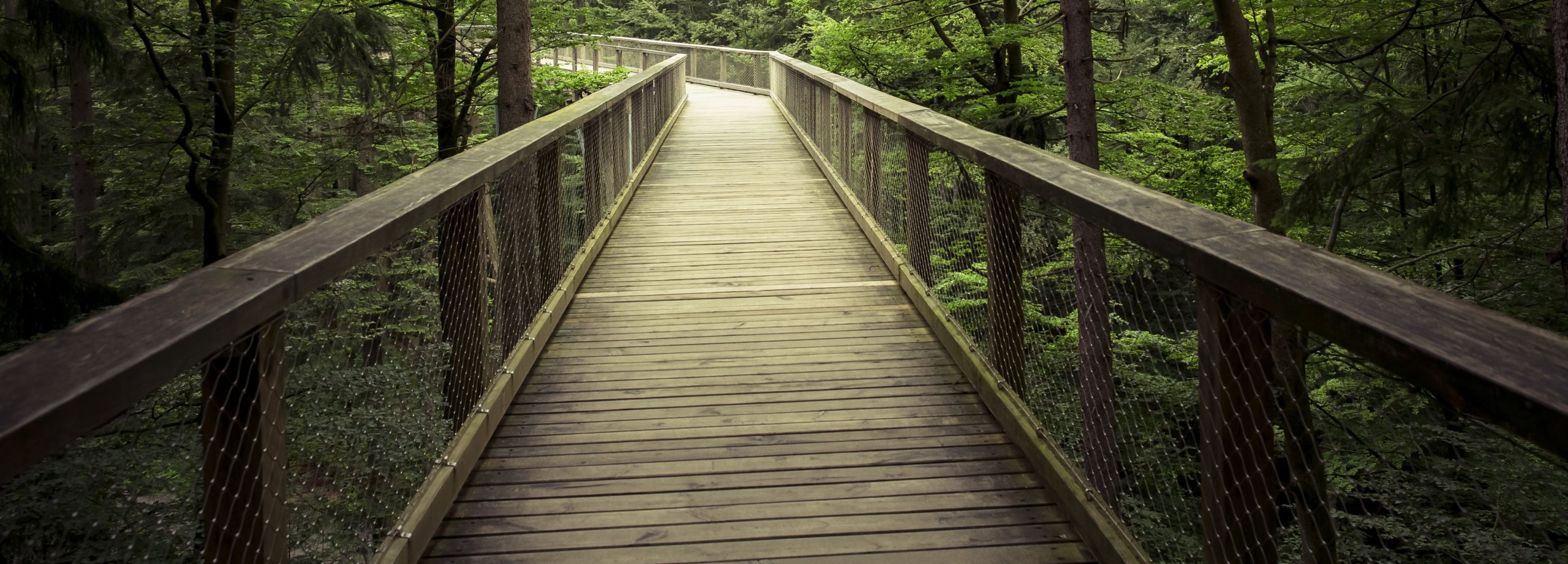The pages of Ecclesiastes have often flipped hastily under my thumb, Solomon’s more fatalistic thoughts unnerving to a soul seeking to understand God’s patterns, not more reminders of our own. But the much-popularized passage in chapter 3—“To everything there is a season, and a time to every purpose under the heaven”—has stilled me as much as the next person. There is something about this notion of appointed time that sounds true to life, a hint of that peaceful knowing you often see in elderly eyes.
Our world continues to heave in one fire after the next—this week quite literally. And in the midst of the proliferating drama this verse calls out: “a time to rend, and a time to sew.”
Deconstruction is everywhere—on Twitter, on cable news programs, in some of our more influential intellectual trends, in this year’s riots. Construction can feel naïve if not insensitive, even though as Christians we worship a God who invites us to join him in making way for Kingdom mortar to be wheeled into the sites of destruction and pain.
Breaking Ground published two tales from two cities this week, each one a window into a style of response when hell draws close. Before Oregon found itself incinerated by the most aggressive set of wildfires in the state’s history, Patrick Tomassi reported from the ground of the Portland protests. Here, awakened moral responsibility has mixed with an ironic lack of self-awareness, a toxic cocktail leading only (thus far) to more violence and resentment.
“The culture of protest here is deeply rooted in the history of the city,” Tomassi writes, “and it sometimes feels as though the city has chosen itself as a stage on which to play out the nation’s strife.”
Tomassi’s reporting—marvelously textured and gripping—makes a striking conversation partner with the latest episode of The Whole Person Revolution. In the latter, two men from Chicago, a pastor and a businessman, reflect on the regenerating grace of God in empowering an eclectic network of local business, government, civic, and faith leaders to address the root problems of escalating gun violence. You will immediately notice a tonal difference from that of the (largely white) Portland protestors. While the precipitating cause for civic action is different, there is something instructive about these ambassadors from Together Chicago. Instead of shaming others from the safety of one’s tribe, there is a respect for institutions and inquiry across difference. Instead of shouting, there is the ever-deepening dialogue of prayer and worship. Instead of racial guilt, there is cross-racial collaboration and a commitment to unity and relationship. Instead of blame, there is honor. Instead of despondency, there is hope.
This year’s protests have become complex in their contours, and we will continue reporting on the nuances. But it’s worth pausing amid the cacophony to listen to where the fruit of the Spirit is singing low and clear. Is there a community with whom you can thread this kind of godly needle? Do we as resident aliens have the skills and spiritual discipline to witness to our society’s rending and offer to sew instead?






